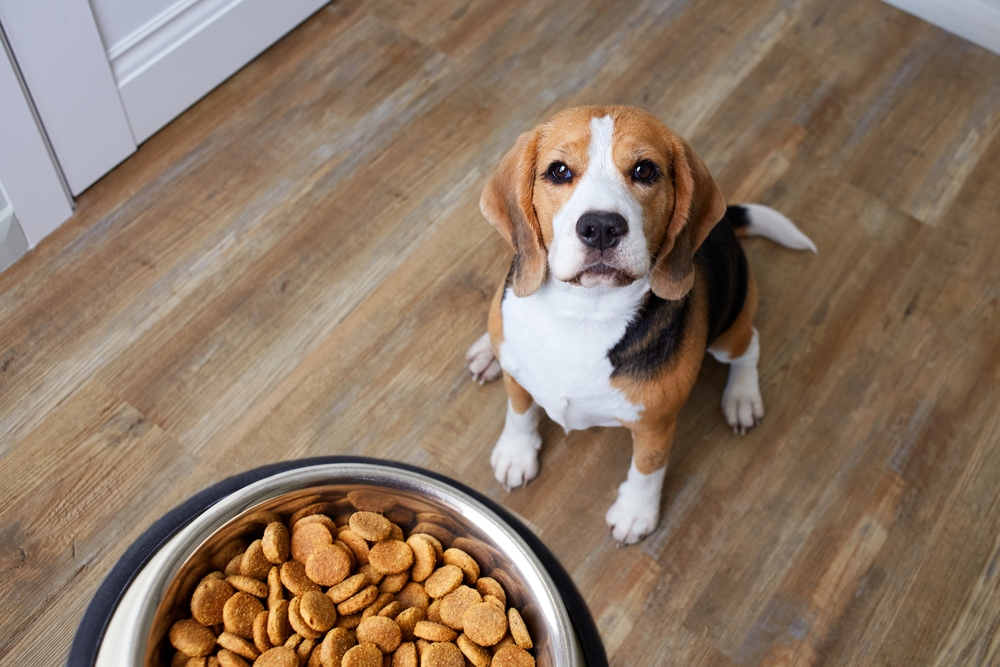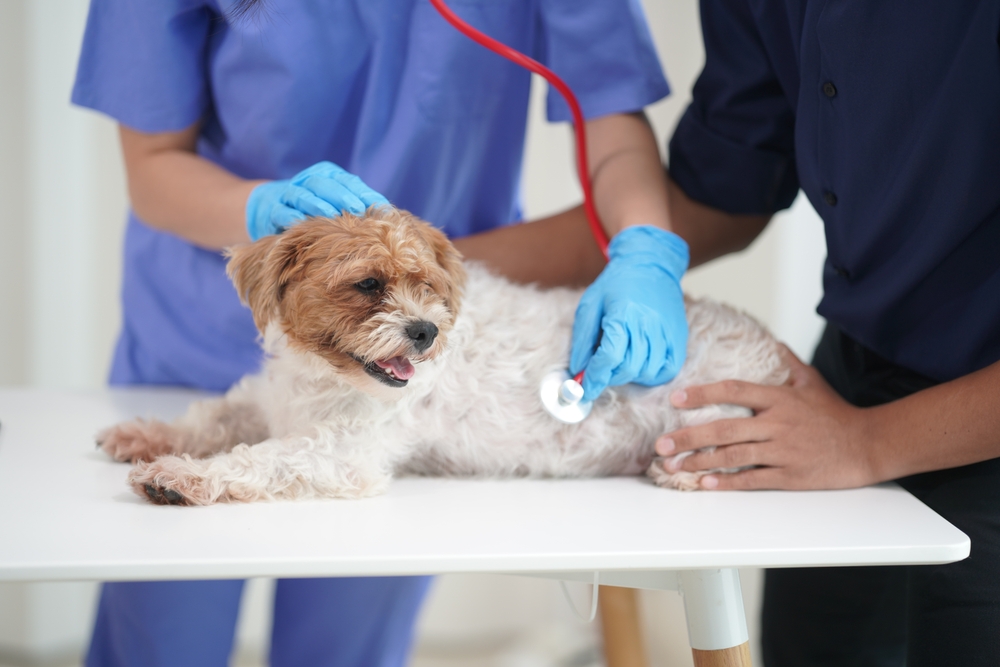News List

October 23, 2025
Pancreatitis, or inflammation of the pancreas, is a serious condition that can cause severe abdominal pain, vomiting, and loss of appetite in dogs. One of the most effective ways to help prevent pancreatitis is by maintaining a healthy, balanced diet.

September 2, 2025
Pancreatitis is a serious condition in both dogs and cats that requires immediate veterinary attention. Common signs include sudden vomiting, diarrhea, loss of appetite, abdominal pain, or a hunched posture.

Parvovirus is a highly contagious and potentially fatal disease that primarily affects unvaccinated puppies and dogs. It spreads through direct contact with infected dogs or contaminated surfaces such as food bowls, leashes, or soil. The best way to protect your pet is through timely vaccinations, especially during their puppy stage. Puppies should receive a series of parvovirus vaccines starting at 6-8 weeks of age and continue with boosters every 3-4 weeks until they’re at least 16 weeks old. Keeping up with these vaccinations into adulthood is key to long-term protection.

Anaphylaxis is a severe and potentially life-threatening allergic reaction that can occur in dogs within minutes of exposure to an allergen. It’s not just a minor itch or swelling—this reaction can escalate quickly, affecting your dog’s breathing, heart rate, and overall stability. Common triggers include insect stings, certain foods, or medications. The first signs to watch for are sudden vomiting, diarrhea, excessive drooling, facial swelling, and difficulty breathing. Your dog may also become weak, collapse, or show signs of distress like restlessness or disorientation. Since anaphylaxis progresses rapidly, early recognition is crucial.

Living in areas where snakes are common increases the risk of your pet encountering one, and it’s crucial to recognize the signs of snake envenomation. Snake bites in pets can cause severe symptoms, including immediate pain and swelling at the bite site. You might notice puncture wounds, bruising, or blood oozing from the area. Other symptoms include rapid breathing, drooling, weakness, or collapse, as the venom affects their body. Some pets may show signs of disorientation, vomiting, or even seizures in severe cases. Depending on the type of snake and the amount of venom injected, symptoms can escalate quickly, making prompt attention essential.

Maintaining proper urinary function is crucial for your pet's overall health and well-being. Regular urination helps to flush out toxins, prevent urinary tract infections, and ensure the proper functioning of the kidneys and bladder. When your pet is unable to urinate, it can quickly become a life-threatening emergency that requires prompt veterinary attention.

May 30, 2024
Parvovirus in dogs, also known as canine parvovirus, is a highly contagious viral illness that primarily affects the gastrointestinal tract and, in some cases, the heart. By understanding this disease, you can take proactive measures to protect your beloved pet and ensure their well-being.

March 21, 2024
The ingestion of foreign objects poses significant dangers to pets, often leading to vomiting episodes. This can result in various health risks, including gastrointestinal obstructions and perforations. To prevent foreign object ingestion and subsequent vomiting episodes in pets, owners should:

October 10, 2023
Acute Hemorrhagic Diarrhea Syndrome (AHDS) is a severe health condition that primarily affects dogs. It's characterized by a sudden onset of diarrhea that is often bloody. It's crucial to understand what it is and how it affects your furry friend.

September 29, 2023
Hyperthermia/Heatstroke is a life-threatening condition and requires immediate medical intervention. During the hot summer months, animals become very susceptible to overheating due to their poor ability to regulate their temperature. Unlike humans, animals only have sweat glands in their paw pads, and can result to panting as a way to cool their body down. The risk of multiple organ failure and impending death can become an immediate risk if the internal temperature of an animal severely exceeds normal range.









